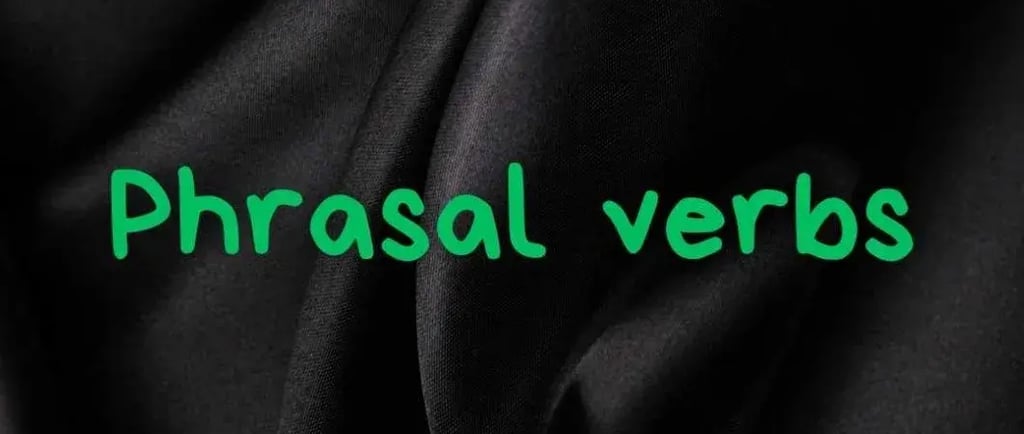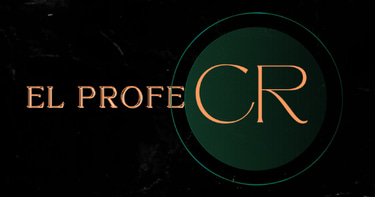
B1-B2 Phrasal Verbs
B1-B2 GRAMMAR
2 min read


Do you know how to use verbs in phrases like pick the kids up, turn the music down and look after my cat?
Look at these examples to see how phrasal verbs are used.
This is the form. Please can you fill it in?
Why are you bringing that argument up now?
Police are looking into connections between the two crimes.
We need to come up with a solution.
Explanation
A phrasal verb is a group of words that functions as a verb and is made up of a verb plus a preposition, an adverb, or both. They are important in English.
Phrasal verbs are very common in English, especially in more informal contexts. They are made up of a verb and a particle or, sometimes, two particles. The particle often changes the meaning of the verb.
I called Jen to see how she was. (call = to telephone)
They've called off the meeting. (call off = to cancel)
In terms of word order, there are two main types of phrasal verb: separable and inseparable.
Separable
With separable phrasal verbs, the verb and particle can be apart or together.
They've called the meeting off.
ORThey've called off the meeting.
However, separable phrasal verbs must be separated when you use a personal pronoun.
The meeting? They've called it off.
Here are some common separable phrasal verbs:
I didn't want to bring the situation up at the meeting.
(bring up = start talking about a particular subject)Please can you fill this form in?
(fill in = write information in a form or document)I'll pick you up from the station at 8 p.m.
(pick up = collect someone in a car or other vehicle to take them somewhere)She turned the job down because she didn't want to move to Glasgow.
(turn down = to not accept an offer)
Non-separable
Some phrasal verbs cannot be separated.
Who looks after the baby when you're at work?
Even when there is a personal pronoun, the verb and particle remain together.
Who looks after her when you're at work?
Here are some common non-separable phrasal verbs:
I came across your email when I was clearing my inbox.
(come across = to find something by chance)The caterpillar turned into a beautiful butterfly.
(turn into = become)It was quite a major operation. It took months to get over it and feel normal again.
(get over = recover from something)We are aware of the problem and we are looking into it.
(look into = investigate)
Some multi-word verbs are inseparable simply because they don't take an object.
I get up at 7 a.m.
With two particles
Phrasal verbs with two particles are also inseparable. Even if you use a personal pronoun, you put it after the particles.
Who came up with that idea?
(come up with = think of an idea or plan)Let's get rid of these old magazines to make more space.
(get rid of = remove or become free of something that you don't want)I didn't really get on with my stepbrother when I was a teenager.
(get on with = like and be friendly towards someone)Can you hear that noise all the time? I don't know how you put up with it.
(put up with = tolerate something difficult or annoying)The concert's on Friday. I'm really looking forward to it.
(look forward to = be happy and excited about something that is going to happen)
Sobre nosotros
El Profe CR busca ayudar a aquellas personas que deseen desarrollar las habilidades que hoy en día las empresas requieren de cada candidato(a) con y sin experiencia laboral.
©2025 Todos los derechos reservados.
